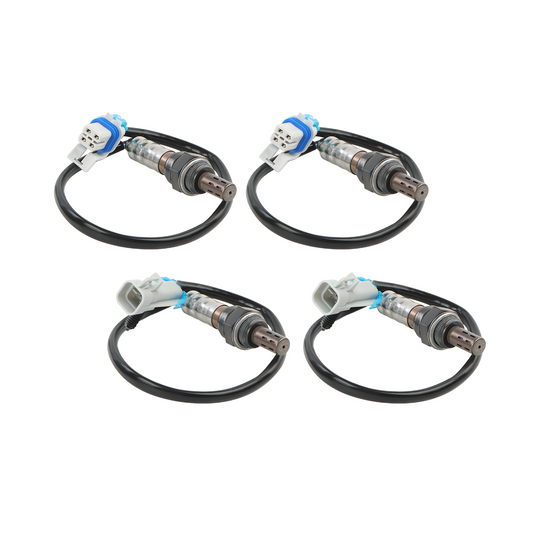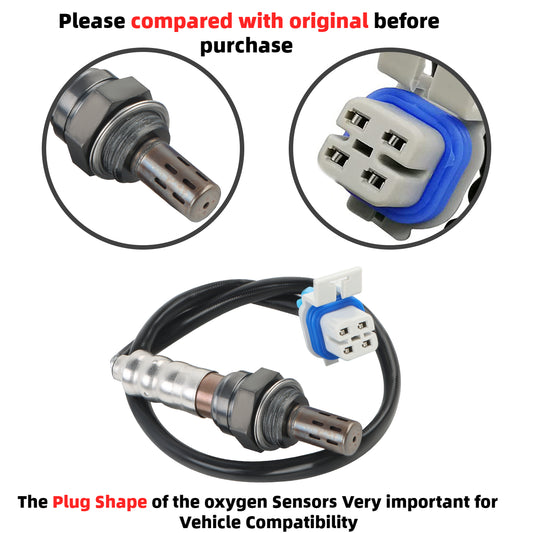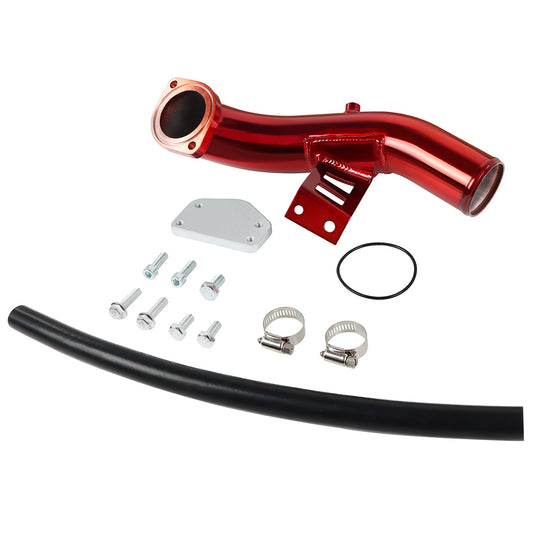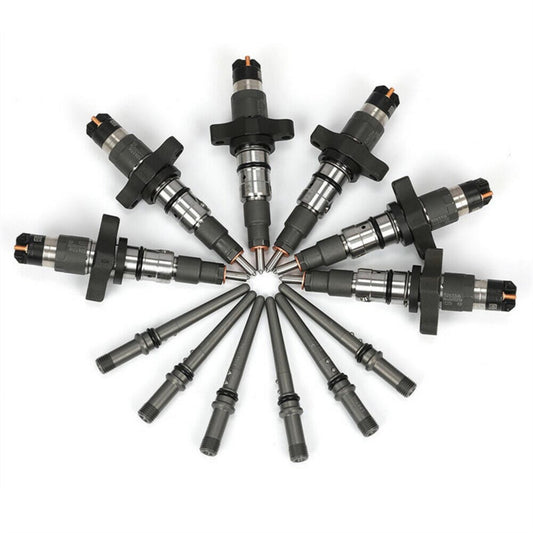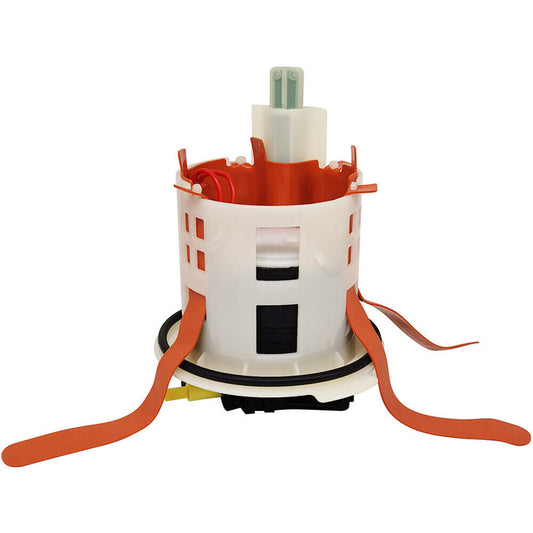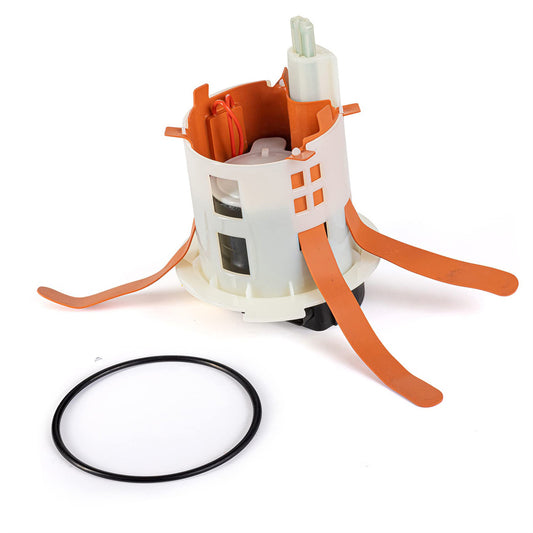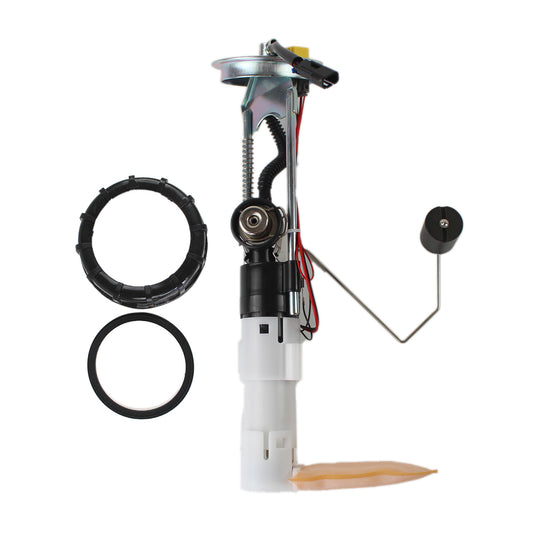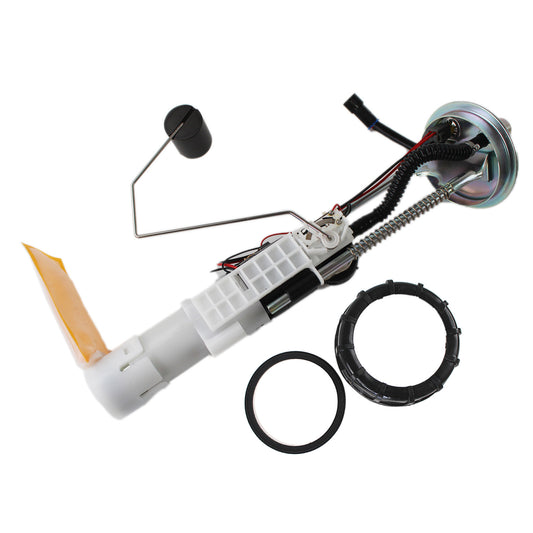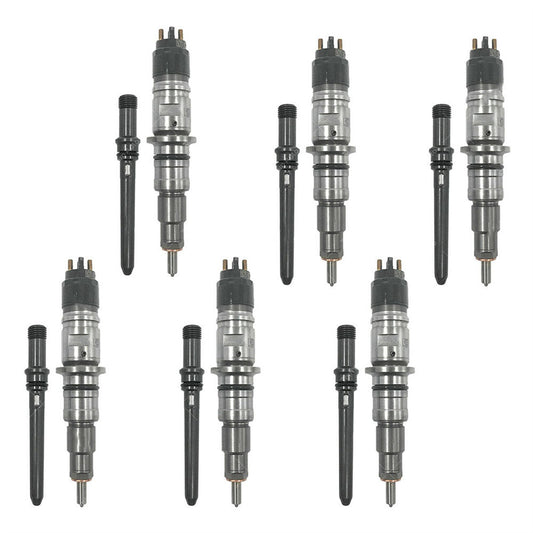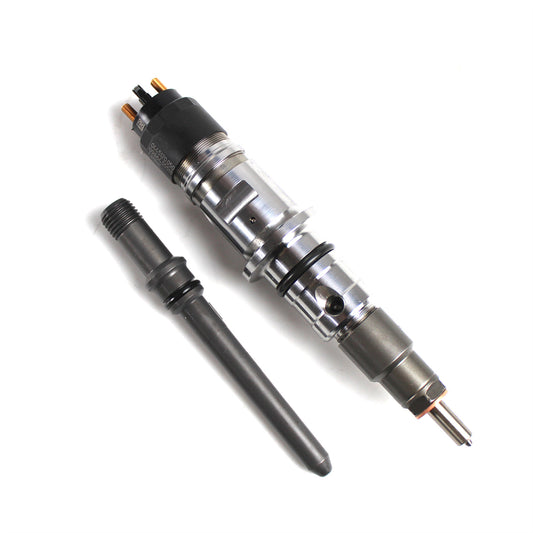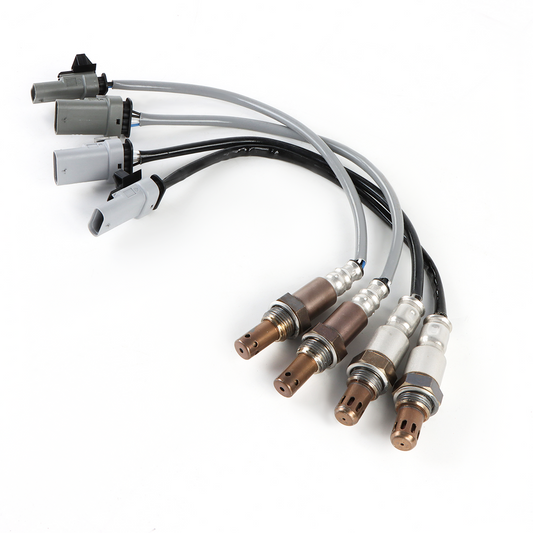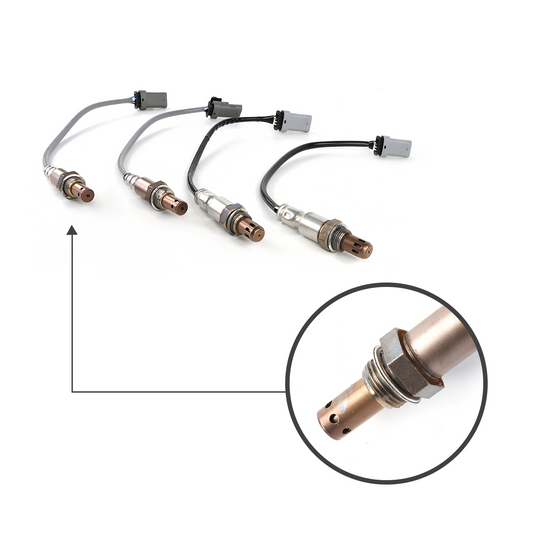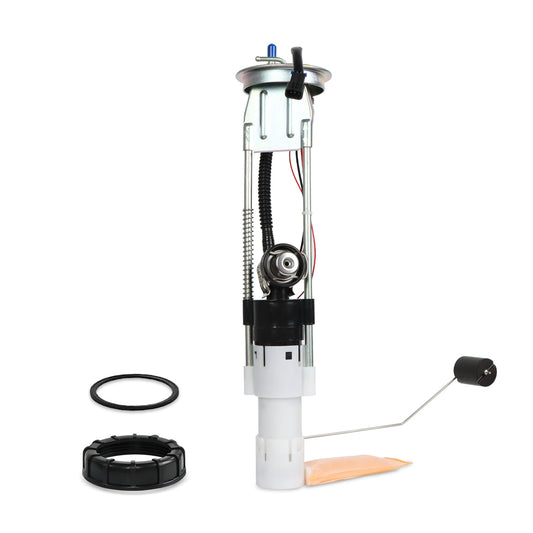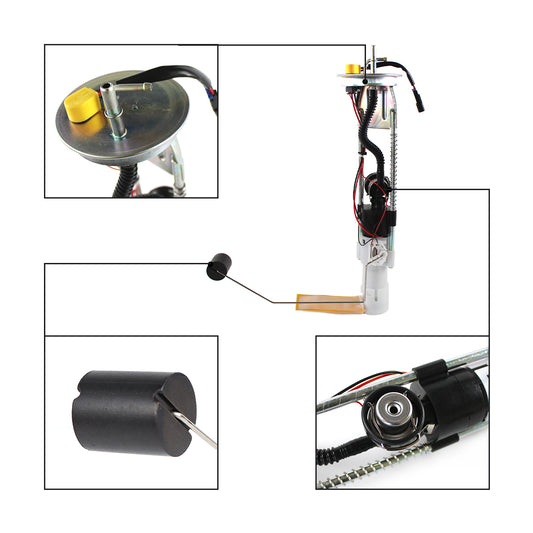What is a Radiator? Understanding the Vital Component in Automotive Cooling Systems
Introduction:
In the world of automotive cooling systems, radiators play a crucial role in maintaining optimal engine temperature. If you've ever wondered what a radiator is and why it's essential for your vehicle, you've come to the right place. In this blog post, we will provide a clear and concise explanation of what a radiator is and its significance in keeping your engine cool and running smoothly. By understanding the basics of radiators, you'll gain valuable insights into your vehicle's cooling system and be better equipped to ensure its longevity and performance.
1, Definition of a Radiator:
A radiator is a fundamental component within a vehicle's cooling system that helps regulate the operating temperature of the engine. It serves as a heat exchanger, responsible for dissipating excess heat generated by the engine during its operation. By effectively removing heat from the engine, the radiator prevents overheating, ensuring optimal performance and protection of vital engine components.

2, Components and Structure:
A typical radiator consists of several interconnected tubes or channels through which coolant flows, along with metal fins that enhance heat dissipation. The tubes are usually made of aluminum or copper due to their excellent thermal conductivity properties. The metal fins surrounding the tubes increase the surface area available for heat transfer, improving the cooling efficiency of the radiator.
3, Function and Importance:
The primary function of a radiator is to transfer heat away from the engine, helping to maintain an optimal operating temperature. As coolant circulates through the engine, it absorbs heat from various engine components. This hot coolant then enters the radiator, where the heat is dissipated into the surrounding air through a combination of conduction, convection, and radiation. By effectively cooling the coolant, the radiator ensures that it returns to the engine at a lower temperature, preventing engine overheating and potential damage.
4, Signs of Radiator Issues:
Understanding common signs of radiator problems can help you identify issues early and take necessary actions. Symptoms such as coolant leaks, overheating, low coolant levels, or unusual noises may indicate radiator issues. If you notice any of these signs, it's essential to have your radiator inspected and repaired promptly to prevent further damage to your engine.
Conclusion:
A radiator is a critical component in your vehicle's cooling system, responsible for regulating the engine's temperature and preventing overheating. By effectively dissipating excess heat generated by the engine, the radiator ensures optimal performance and longevity of your vehicle. Understanding the function and importance of a radiator empowers you to take proactive measures in maintaining and caring for your cooling system. Regular maintenance, including inspections, fluid checks, and prompt repairs when needed, will help keep your radiator operating optimally. Trust Daysyore Auto Parts Store for high-quality radiators and expert guidance, ensuring your vehicle remains cool and reliable on the road.


